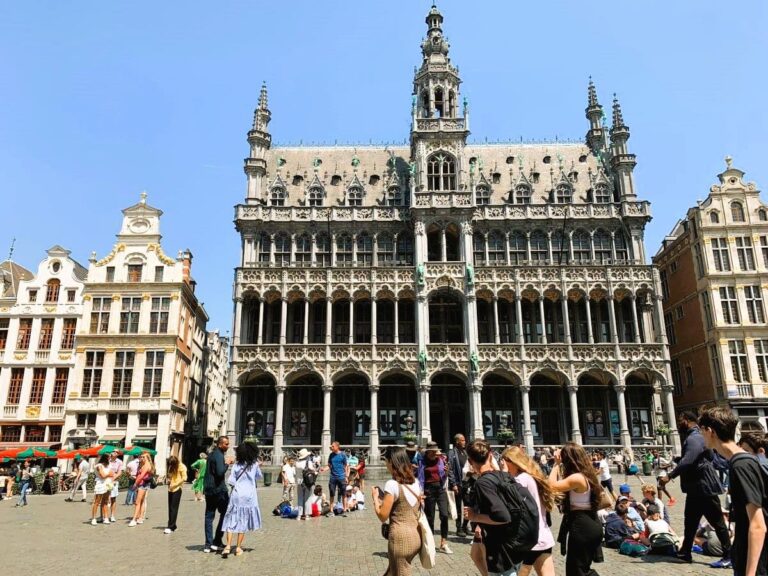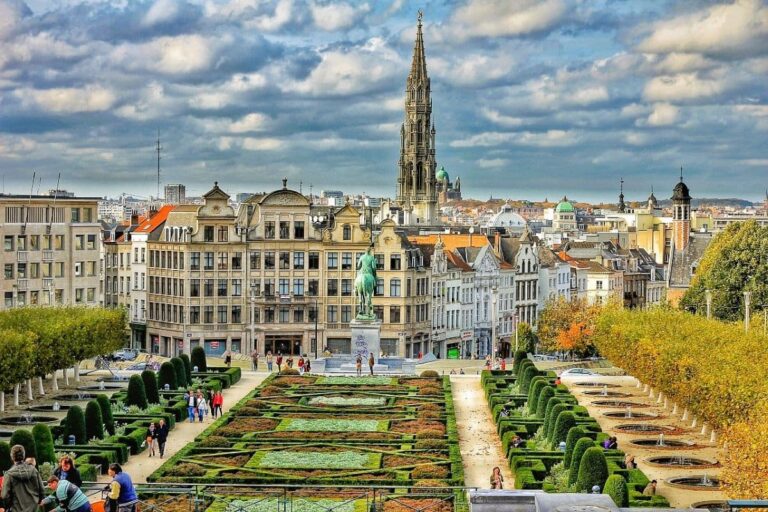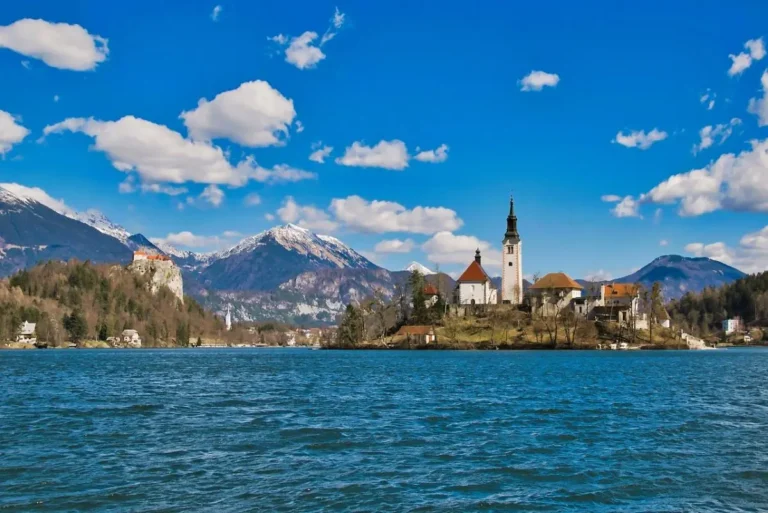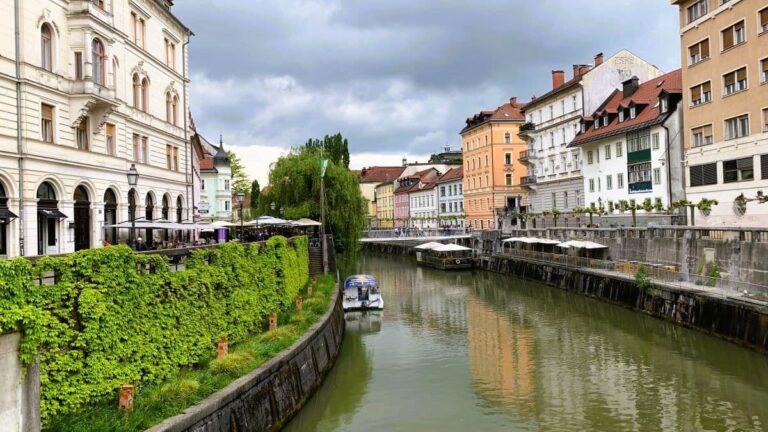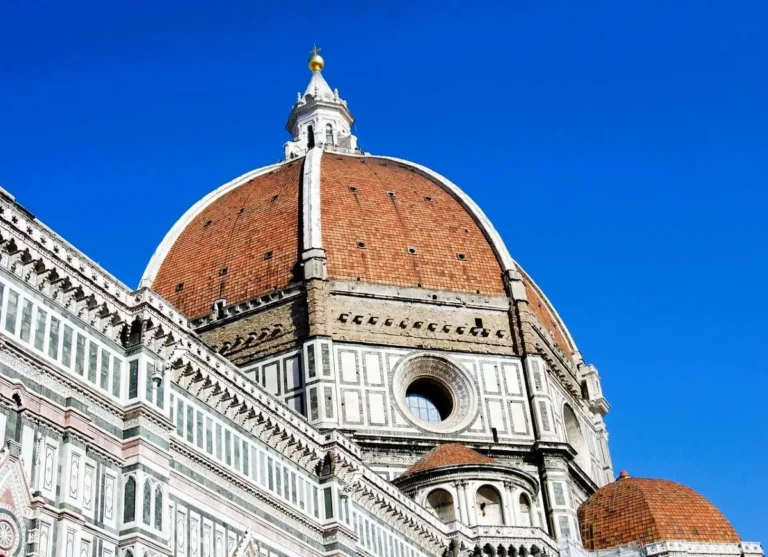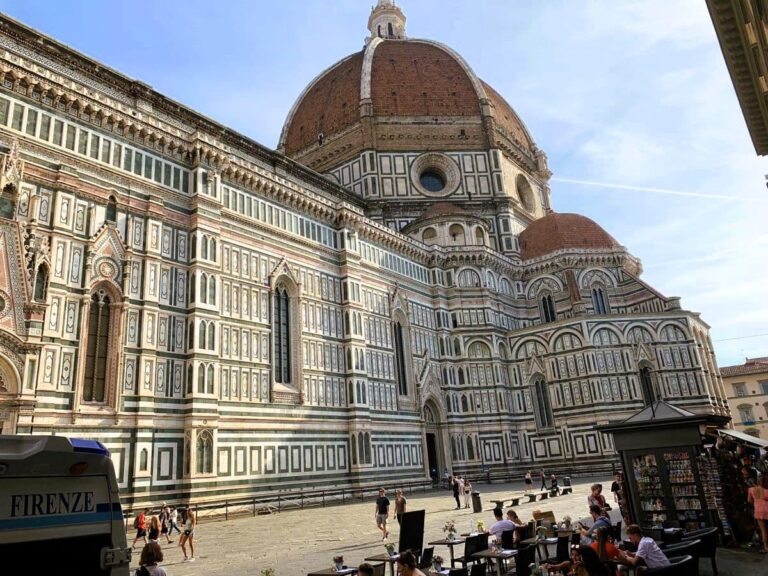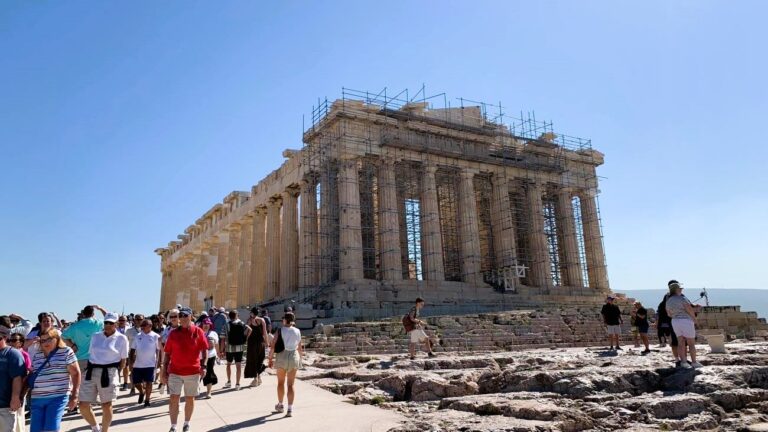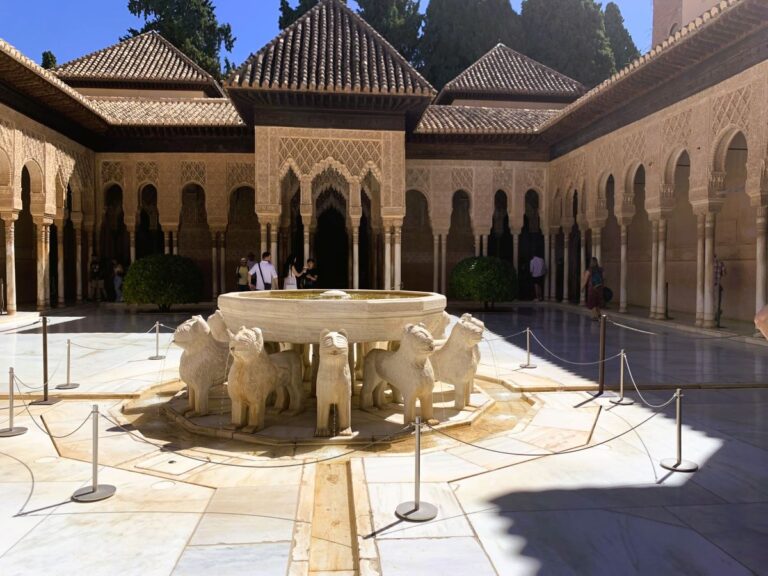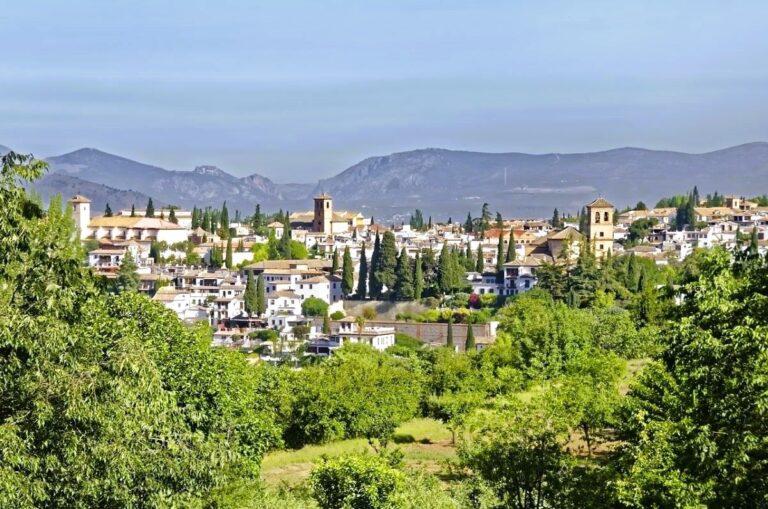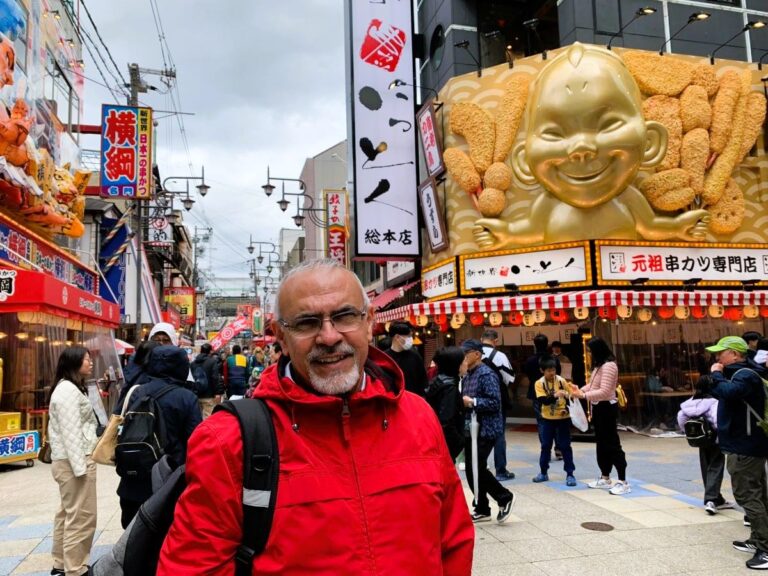Travelling Uzbekistan: A Beginner’s Travel Guide to the Heart of the Silk Road
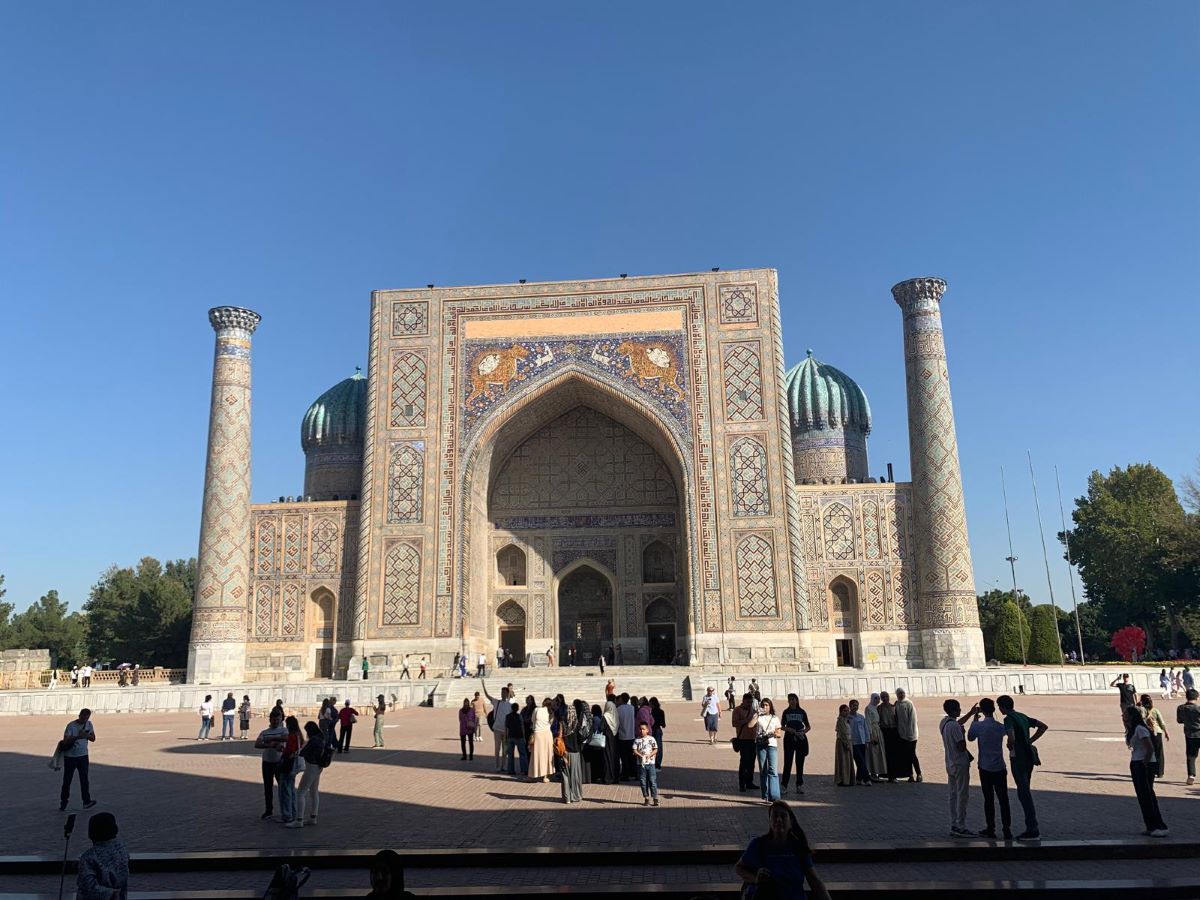
Uzbekistan, located in the heart of Central Asia, is a country shaped by centuries of trade, conquest, and cultural exchange. As a key stop along the ancient Silk Road, it connected Asia, the Middle East, and Europe, leaving behind a rich legacy of architecture, art, and traditions.
The cities of Samarkand, Bukhara, and Khiva are known for their stunning historical sites, including Islamic madrasas, mosques, and vibrant marketplaces. These cities were once centers of learning and commerce, attracting scholars, traders, and artisans from across the world. Today, their well-preserved landmarks, such as the Registan in Samarkand or the Ark Fortress in Bukhara, give visitors a glimpse into Uzbekistan’s fascinating past.
Beyond the monuments, Uzbekistan offers a dynamic culture. From the distinctive flavors of its national dish, plov, to its intricate handmade textiles and ceramics, the country is alive with tradition. For travelers interested in history, culture, and hospitality, Uzbekistan is an unforgettable destination.
Arriving into Uzbekistan – Tashkent Airport:
The first city we visited in Uzbekistan was Tashkent, the capital of Uzbekistan. We arrived here from Istanbul in October of this year (2024). Our first impression of the Tashkent International Airport was that it was very well organized. As Canadian citizens, we did not require an entry visa. The customs and immigration process was smooth and quick.
There’s free Wi-Fi at the airport. You have to enter your phone number to receive an SMS code for confirmation. We realized that the eSIM that we had from Airalo didn’t work. So if you have an eSIM and it’s not working, just buy a SIM card at the airport where they are available for purchase. You can buy one from Beeline or Ucell. We eventually purchased a Beeline SIM card which worked just fine throughout our stay in Uzbekistan.
Taxis at Tashkent Airport:
You have taxis available as you come out of the airport. The drivers will approach you, but they will overcharge. There’s also a taxi kiosk inside the airport where you can get a prepaid voucher for a taxi. The rates are better than the taxis outside. You also have a third option of taking YandexGo, which is their version of Uber. You can download their App on your smartphone. Yandex is cheap and pretty good.
We had booked our stay at the Oscar Boutique Hotel, which is not far from the airport. It’s a nice and cozy hotel with a decent restaurant. The hotel design and architecture has a distinct Soviet touch to it. But it’s a bit away from the attractions. There’s not much to do around the hotel.
We found the people of Uzbekistan to be honest and straightforward. There is very little crime there.
Uzbekistan is a lovely place to visit. Let’s get into some of the things that you need to know to plan an unforgettable trip to this gem.
(For general overseas trip planning, start by learning how to plan an overseas trip to ensure your adventure is as smooth as it is unforgettable)
Let’s start with the beautiful cities of Uzbekistan.
Must-Visit Cities: Unveiling Uzbekistan’s Rich History
Tashkent: A Blend of Tradition and Modernity
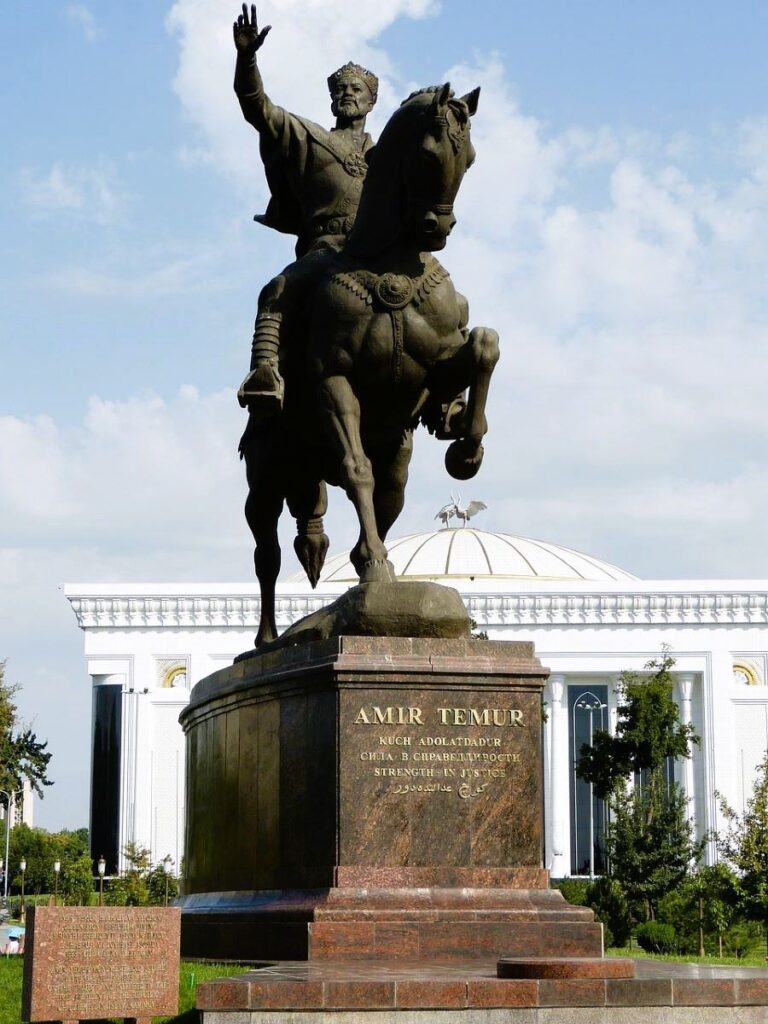
As the capital of Uzbekistan, Tashkent offers a fascinating mix of Soviet-era architecture, modern skyscrapers, and traditional bazaars.
Start your exploration at Khast Imam Square, home to the ancient Quran of Caliph Uthman. Stroll through the lively Chorsu Bazaar, where you can sample local delicacies and shop for souvenirs. Don’t miss the Amir Timur Square, a central landmark surrounded by museums and parks, perfect for understanding the city’s history.
Pro tip: Tashkent’s metro stations are architectural masterpieces, each uniquely designed and worth exploring.
Samarkand: The Jewel of the Silk Road
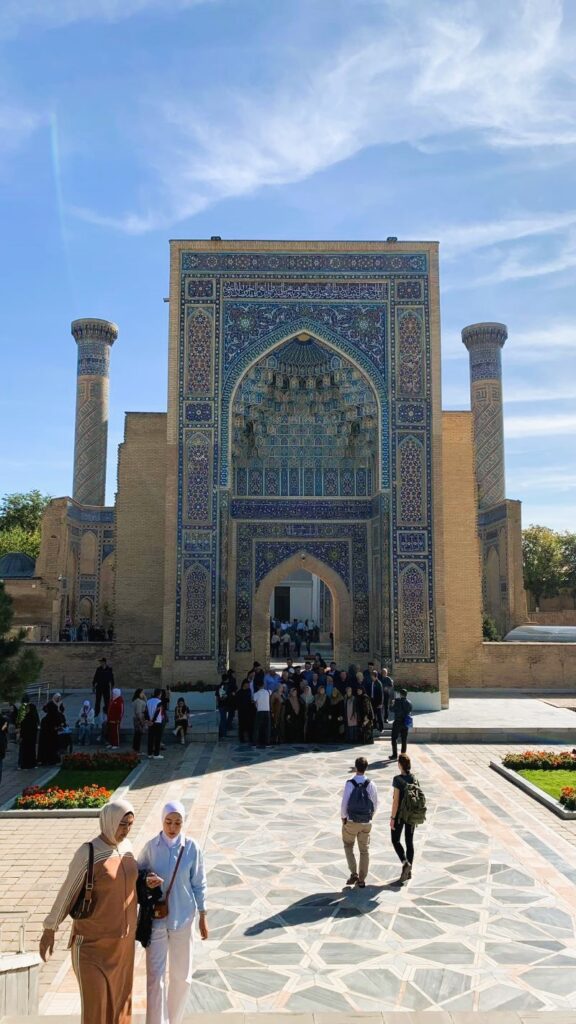
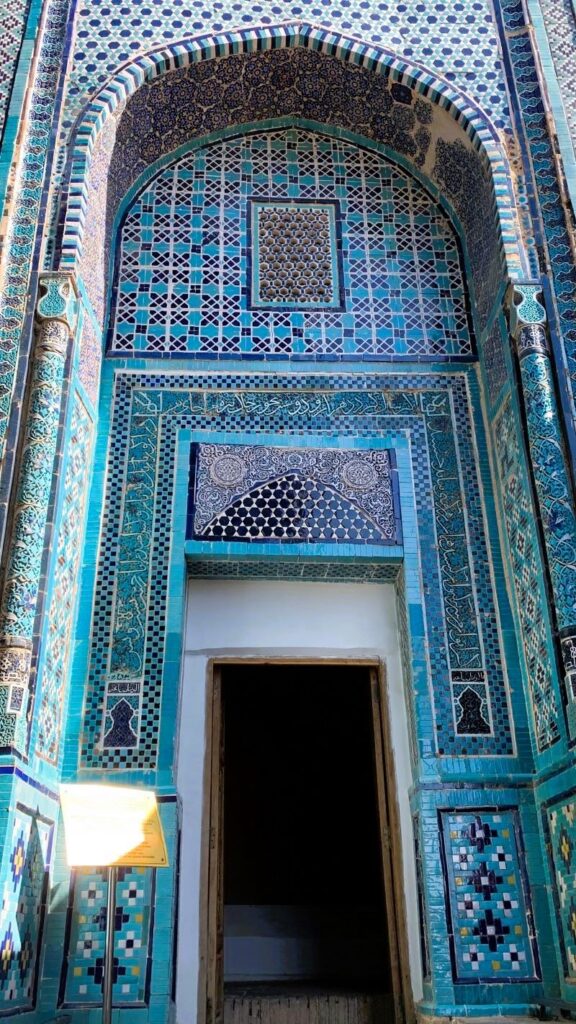
No trip to Uzbekistan is complete without a visit to Samarkand, a UNESCO World Heritage Site that has mesmerized travelers for centuries.
Start your journey at Registan Square, a trio of magnificent madrasahs adorned with stunning blue tiles and intricate mosaics. Don’t miss Shah-i-Zinda, a sacred necropolis featuring a collection of beautifully decorated mausoleums. Finally, stand in awe at the Gur-e-Amir Mausoleum, the resting place of the great conqueror Tamerlane.
Pro tip: Visit Registan Square in the evening when it’s illuminated, creating a magical atmosphere perfect for photos.
Bukhara: A Living Museum
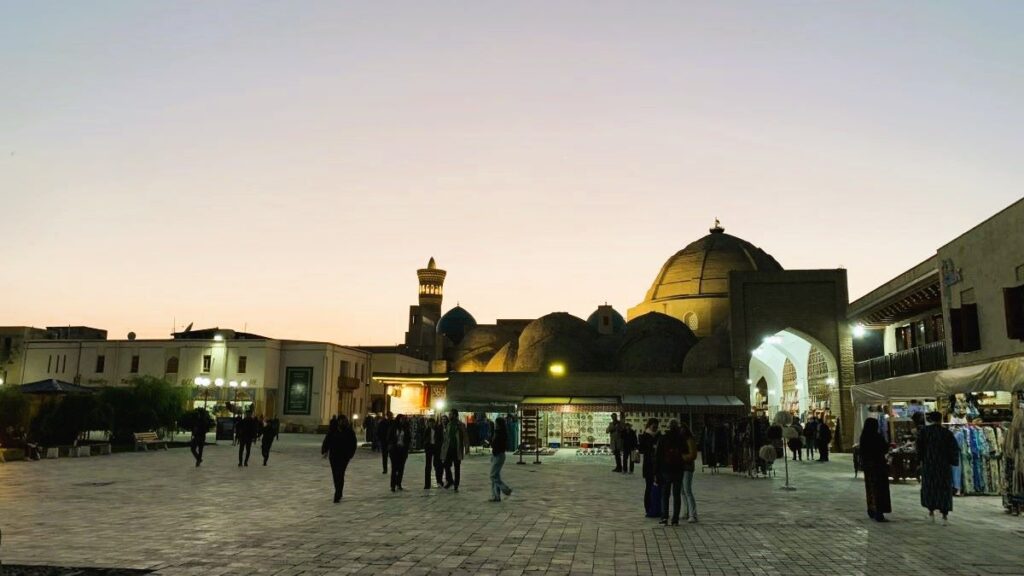
Bukhara, another UNESCO-listed city, offers a more intimate glimpse into Uzbekistan’s past. Wander through the narrow, sunlit streets of the old town, stopping by the Po-i-Kalyan complex, home to a towering minaret and ancient mosque. Explore the Ark of Bukhara, a massive fortress that once housed royalty. Don’t forget to shop for silk scarves and handwoven rugs at the Toki Zargaron Trading Dome, a relic of the city’s bustling mercantile history.
Khiva: A Step Back in Time
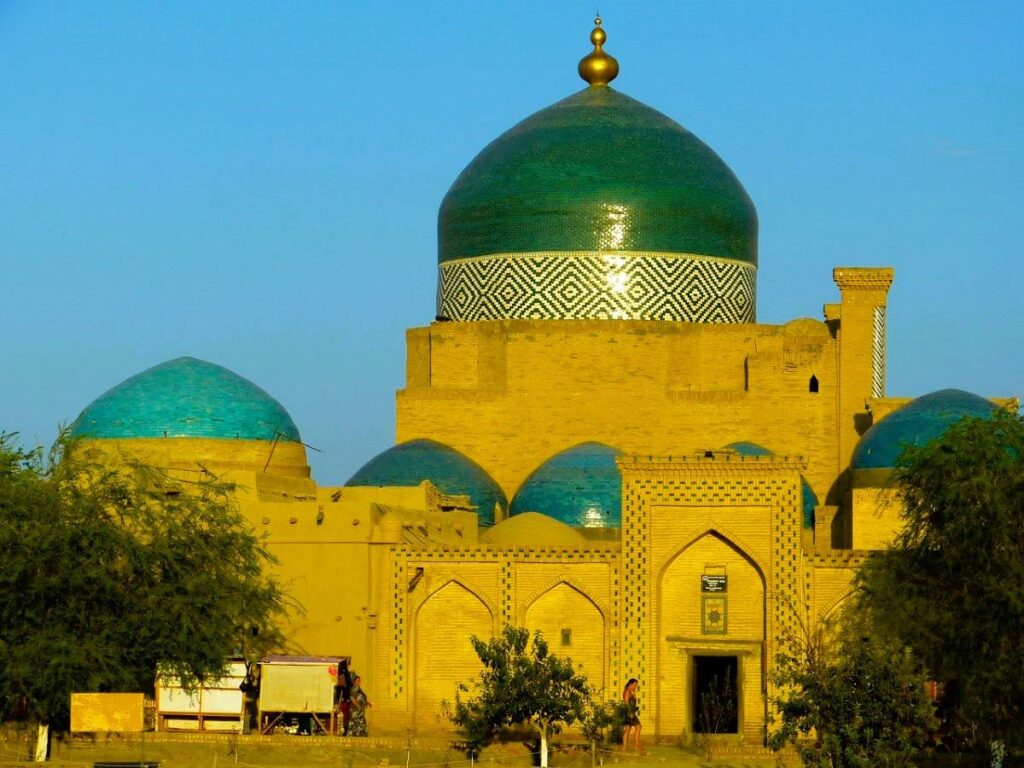
Khiva’s walled old city, Itchan Kala, feels like a fairy tale brought to life. This well-preserved open-air museum is a labyrinth of minarets, madrasahs, and caravanserais. Climb the Kalta Minor Minaret for panoramic views or stroll along the ancient streets to soak in the atmosphere.
Planning an international, multi-city trip?
If you’re feeling overwhelmed by flights, routes, timing, or budgets, I put together a free step-by-step ebook to help you plan your trip with confidence.
Free • Instant access • Perfect for first-time travelers • unsubscribe anytime.
Cultural Tips: Embrace Uzbek Hospitality
Greeting Etiquette
Uzbekistan is known for its warm and welcoming people. A handshake accompanied by a friendly “Assalomu alaykum” (peace be upon you) is a common greeting. For women, a hand over the heart with a slight bow is a respectful alternative.
Dressing Modestly
While Uzbekistan is relatively liberal compared to some neighboring countries, modest dress is appreciated, especially in religious sites. Opt for lightweight, breathable clothing that covers your shoulders and knees.
Be Ready to Share
Hospitality is a cornerstone of Uzbek culture, and you might be invited into a local’s home for tea or a meal. Accepting such an invitation is a wonderful way to experience the culture firsthand. Be sure to express gratitude with phrases like “Rahmat” (thank you).
Uzbek Cuisine: A Feast for the Senses
Plov (Pilaf)
Considered Uzbekistan’s national dish, plov is a hearty rice dish cooked with lamb, carrots, onions, and spices. Each region has its own twist, so don’t hesitate to try it in multiple cities.
Shashlik (Kebabs)
Grilled to perfection over open flames, shashlik is a street food favorite. Pair it with freshly baked naan bread and tangy pickles for a satisfying meal.
Lagman
This noodle soup, rich with meat and vegetables, is a comforting choice, especially in cooler weather. Uzbeks take pride in their hand-pulled noodles, which add a special texture to the dish.
Samsa
Samsa are flaky, savory pastries typically filled with meat, onions, and spices. Baked in traditional clay ovens, they are a popular snack and perfect for enjoying on the go.
Sweets and Tea
Uzbekistan’s markets are brimming with sweet treats like chak-chak (fried dough drizzled with honey) and navat (crystallized sugar). Wash it all down with a cup of green tea, the national beverage.
Alcohol in Uzbekistan: Can you drink here?
Yes, you can drink here. And here’s a big surprise for most people – despite its predominantly Muslim population, Uzbekistan has a thriving market for alcoholic beverages, deeply rooted in its historical and cultural tapestry.
Uzbekistan, a land of ancient traditions and breathtaking landscapes, is not only renowned for its historic Silk Road cities and delectable cuisine but also for its growing alcohol manufacturing industry.
A Brief History of Alcohol in Uzbekistan
The tradition of winemaking and alcohol production in Uzbekistan dates back thousands of years. Archeological evidence suggests that grape cultivation and wine production were practiced as early as the 7th century BCE in the region. Over time, the techniques evolved under the influence of various empires and cultures, including Persian, Greek, and Soviet.
During the Soviet era, Uzbekistan became a significant producer of wine and spirits, with large-scale wineries and distilleries established to meet regional demands. After gaining independence in 1991, the country retained its expertise and gradually modernized its alcohol industry to cater to both domestic and international markets.
When to Visit: Timing Your Adventure
Uzbekistan experiences four distinct seasons, and the best times to visit are spring (April to June) and autumn (September to November). During these months, the weather is mild, and the landscapes are at their most picturesque. Spring brings blooming tulips and almond trees, while autumn offers bountiful harvests of fresh fruits like melons and pomegranates.
Summer can be scorching, with temperatures soaring above 40°C (104°F), but it’s also a quieter time for sightseeing. Winter, on the other hand, sees fewer tourists and offers a serene charm, especially in snow-dusted cities like Samarkand.
Practical Tips for First-Time Travelers
- Currency: The local currency is the Uzbek som (UZS). Cash is king, so carry small denominations for markets and taxis. US dollar and Euros are also widely used in restaurants and tourist shops.
- Transport: Uzbekistan’s high-speed trains, like the Afrosiyob, make traveling between major cities comfortable and efficient.
- Language: Uzbek is the official language, but Russian is widely spoken. Learning a few basic phrases will go a long way.
- Visas: Many nationalities can now enjoy visa-free entry or an e-visa. Canadian citizens can visit for up to 90 days without a visa. US citizens require a visa that can be applied online. But check the latest requirements before your trip.
- Plugs and Voltage: Uzbekistan uses Type C and Type F plugs, the same as in most European countries. The standard voltage is 220V with a frequency of 50Hz. If your devices use a different plug type or voltage, bring a universal adapter or voltage converter. Most modern electronics are dual-voltage and will work fine with just an adapter.
Things To Be Aware of
- We found that the credit cards don’t always work well, especially bigger amounts, even in some high-end hotels. Smaller amounts seem to work better. So for example, if you’re paying for your hotel when you check-in, and it’s $500, then you may have to make 2 separate payments of $250 each. They also have network issues. Make sure to keep cash with you. Their currency is Som or Sum. But most hotels, restaurants and tourist shopping places will also accept US dollars and Euros.
- Yandex is the ridesharing service that quite popular in Uzbekistan. But sometimes the drivers are from small villages, and aren’t able to follow the navigation properly, which can lead to delays and frustration. But you get to your destination eventually. 🙂
- We found that eSIM cards on the phones don’t work. My Airalo eSIM didn’t work at the airport in Tashkent when we arrived there. As a result we couldn’t order Yandex taxi, and had to take the airport taxi which was almost 4 times the price of Yandex.
Keep your spirit of adventure alive when travelling Uzbekistan, and you’ll have a great time!
Conclusion: Why Uzbekistan Should Be Your Next Adventure
Uzbekistan offers a unique blend of history, culture, and hospitality that’s hard to find elsewhere.
From the majestic mosques of Samarkand to the bustling bazaars of Bukhara, every corner of this country tells a story. With its rich culinary traditions and warm-hearted locals, you’ll leave with unforgettable memories and a newfound appreciation for Central Asia.
So pack your bags, brush up on your “Assalomu alaykum,” and get ready to explore the wonders of Uzbekistan. The Silk Road awaits!
FAQs for Travelers Planning a Trip to Uzbekistan
1. Is Uzbekistan safe for travelers?
Yes, Uzbekistan is generally considered a safe country for travelers. Crime rates are low, and locals are known for their hospitality. However, like anywhere, travelers should stay vigilant, avoid poorly lit areas at night, and keep valuables secure. Traffic safety can be a concern, so be cautious on roads.
2. What is the best time to visit Uzbekistan?
The best time to visit is spring (April-May) and autumn (September-October). During these months, the weather is mild and comfortable, perfect for exploring cities like Samarkand and Bukhara or hiking in the mountains.
3. Do I need a visa to visit Uzbekistan?
Uzbekistan offers visa-free travel to citizens of many countries for stays of up to 30 days. Others may need an e-visa, which is easy to apply for online. Check your country’s requirements before traveling.
4. What cultural customs should I know about?
Uzbekistan has a mix of Islamic and Soviet influences. Dress modestly, especially when visiting mosques or religious sites. Always greet with a smile and handshake, and show respect for elders. Removing shoes when entering someone’s home is common.
5. What transportation options are available for getting around?
Uzbekistan has a reliable train network, including high-speed trains connecting major cities. Taxis are affordable but should be negotiated beforehand. Buses and shared taxis are also available for budget travelers, though they can be less comfortable.
6. What local dishes should I try?
Don’t miss plov, Uzbekistan’s national dish made with rice, meat, and vegetables. Try samsa (savory pastries), lagman (noodle soup), and shashlik (grilled meat skewers). Vegetarian options may be limited, but fresh bread and salads are widely available.
7. Is it easy to find English-speaking locals?
English is not widely spoken, especially outside tourist areas. Learning a few basic phrases in Uzbek or Russian can be helpful. In major cities, guides and hotel staff often speak English.
8. What currency is used, and can I use credit cards?
The currency is the Uzbekistani som (UZS). Cash is widely used, and ATMs are available in cities, though not always reliable. It’s best to exchange currency at a bank. Many tourist places also accept US dollars and Euros. Credit cards are accepted in larger hotels and restaurants but are not common in smaller establishments.
9. Are there any health concerns to be aware of?
No special vaccinations are required, but staying up to date on routine vaccines is recommended. Drink bottled water and avoid raw or undercooked foods to prevent stomach issues. Health facilities are basic, so carry any necessary medications.
10. What are the must-see attractions?
Highlights include Samarkand’s Registan Square, Bukhara’s ancient mosques, and Khiva’s walled old city. Don’t miss Tashkent’s modern and historical mix or the Chimgan Mountains for nature lovers. Each city offers unique insights into Uzbekistan’s rich culture and history.
11. Can I drink alcohol in Uzbekistan?
Yes, alcohol is legal and available in Uzbekistan. You can find beer, vodka, and wine in restaurants, bars, and stores, especially in larger cities. However, public drunkenness is frowned upon, and it’s respectful to drink moderately.
12. What is the main language spoken in Uzbekistan?
The main language is Uzbek, and Russian is widely spoken, especially in urban areas. English is less common, so carrying a translation app or phrasebook is helpful when communicating with locals.
13. How should I dress when visiting Uzbekistan?
Uzbekistan is a conservative country, so modest clothing is recommended, especially for women. Long skirts, pants, and tops covering the shoulders are ideal. Men should avoid wearing shorts in rural areas or religious sites. Comfortable shoes are essential for exploring.
14. Are there internet and mobile services available?
Wi-Fi is available in most hotels, cafes, and restaurants in cities, though speeds may vary. SIM cards with mobile data are inexpensive and can be purchased at local shops or the airport. Popular providers include Beeline and Ucell.
15. Can I bargain in markets and bazaars?
Yes, bargaining is common and expected in markets and bazaars. It’s a fun part of the shopping experience! Start with a lower price and negotiate politely. Don’t bargain in supermarkets or fixed-price stores.
16. What type of plugs and voltage are used in Uzbekistan?
Uzbekistan uses Type C and Type F plugs, the same as in most European countries. The standard voltage is 220V with a frequency of 50Hz. If your devices use a different plug type or voltage, bring a universal adapter or voltage converter. Most modern electronics are dual-voltage and will work fine with just an adapter.
Planning an international, multi-city trip?
If you’re feeling overwhelmed by flights, routes, timing, or budgets, I put together a free step-by-step ebook to help you plan your trip with confidence.
Free • Instant access • Perfect for first-time travelers • unsubscribe anytime.
Recent Posts:
-
15 Best Things to Do in Brussels for First-Time Visitors (2026)
Brussels often surprises visitors because it doesn’t fit the expectations people arrive with. Many travellers assume it’s merely an administrative capital or a brief stopover between Paris and Amsterdam. In reality, it offers a lot, and there are many fun things to do in Brussels. For a first visit, plan to spend 1 to 3…
-
Belgium Travel for First-Time Visitors (2026): Easy Trains, Medieval Cities, and Great Food
Belgium might be small, but it delivers far more than its size suggests—historic cities, beautiful architecture, world-famous food, and some of the best beer you’ll ever taste. Belgium travel is surprisingly easy. My wife and I spent four days there in 2023 as part of a train journey through eight European countries. It’s one of…
-
Slovenia Travel Guide: Everything You Need to Know Before You Go
Slovenia may be small, but it packs in a lot. Think emerald lakes, mountain scenery, charming old towns, underground caves, and even a short but beautiful coastline. It’s clean, safe, easy to travel, and perfect for first-time visitors to Europe or travelers who want nature without the crowds. This Slovenia travel guide covers everything you…
-
Where to Stay in Ljubljana (Best Areas for First-Time Visitors)
Planning a trip to Ljubljana and not sure where to stay? This guide breaks down the best neighborhoods for first-time visitors, including hotel recommendations for every budget — all within walking distance of the main sights. Choosing where to stay in Ljubljana is mostly about matching the right area to your budget and travel style…
-
Brunelleschi’s Dome: The Wild Story Behind Florence’s Most Famous Roof
The Story of Brunelleschi Dome If you’ve ever stood in front of Florence’s Cathedral (the Duomo) and stared up at that massive terracotta dome, you’ve probably wondered: How on earth did someone build this in the 1400s? Brunelleschi’s Dome is one of the most impressive architectural achievements in the world, and the story behind it…
-
The Best Florence 3-Day Itinerary For First Timers (Landmarks, Views, And Food)
Florence 3 Day Itinerary Planning a trip to Florence? Awesome! You’ve come to the right place. Let me help you with that. Florence packs centuries of art, culture, and history into streets that are super easy to wander on foot. It is easily one of my most favorite cities in the world. It’s a treat…

